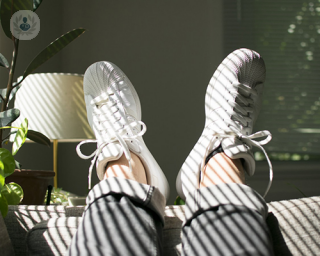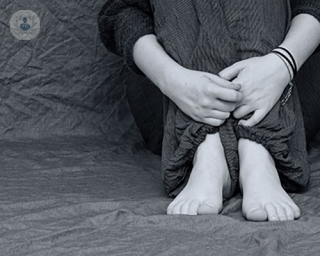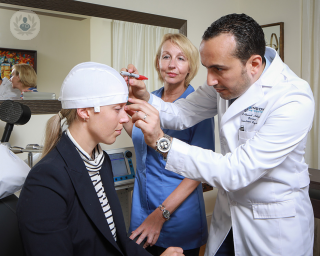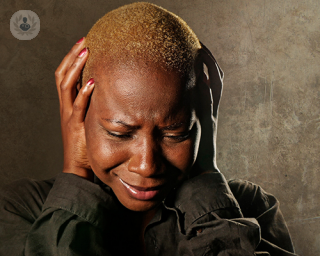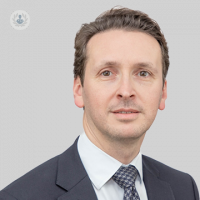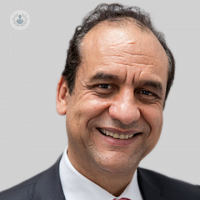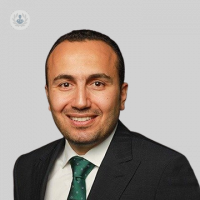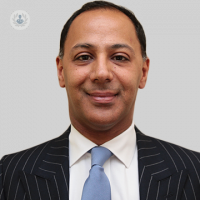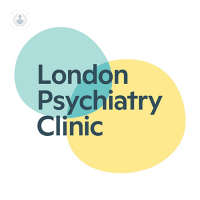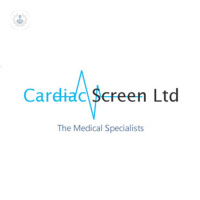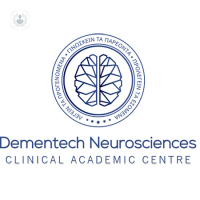Depression
Dr Leon Rozewicz - Psychiatry
Created on: 11-13-2012
Updated on: 10-09-2023
Edited by: Kate Forristal
What is depression?
Depression is a mental illness characterised mainly by a prolonged and severe feeling of sadness. This feeling is associated with other symptoms and alterations of thought and behaviour. Depression can affect people of all ages; either to adults, teenagers or even children. It can vary in severity and can last a lifetime, or be temporary. As such, there are different types of depression including:
- Dysthymia – continuous mild depression that lasts for more than two years.
- Seasonal affective disorder (SAD) – this depression usually occurs during the winter.
- Prenatal depression – occurs during pregnancy.
- Postnatal depression – occurs following pregnancy and mainly affects new mothers, but can affect new fathers too.
You should see a psychiatrist if you are suffering with symptoms of depression.
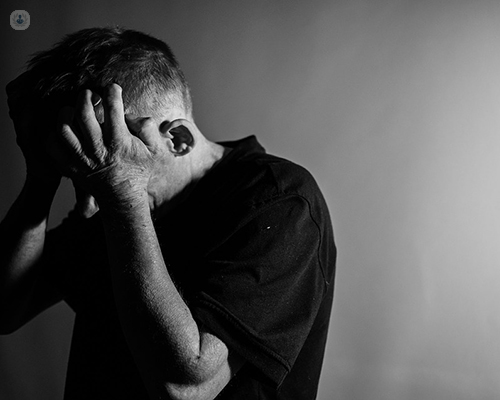
What are the symptoms of depression?
The symptoms of depression are:
- Irritable or low mood
- Feelings of hopelessness and abandonment
- Loss of pleasure in activities that generally make you happy, including sexual activity
- Thoughts of death or suicide
- Being retracted or isolated
- Low self-esteem
- Feeling empty and numb
There are also certain behaviours that can be characteristic of someone struggling with depression:
- Self-harming
- Difficulty falling asleep or excess sleep
- Feeling tired
- Loss or increase of appetite
- Avoiding social events
- Using more alcohol, drugs or tobacco than usual
- Difficulty focusing
The symptoms of depression in children may be different from those of adults. It is important to monitor their school performance, sleep and behaviour of the child.
What causes depression?
There is no one cause of depression, and there are many triggers. Depression can be caused by the following factors:
- Childhood experiences
- Genetic inheritance
- Medications, drugs and alcohol use
- Sleep, diet and exercise
- Life events (e.g. traumatic experiences, grief, such as family deaths, divorce or unemployment)
- Social isolation
- Other health conditions, such as struggling with chronic pain
- Other mental health problems (e.g. depression can be common in people who also suffer from anxiety, PTSD or eating disorders)
Can depression be prevented?
It is not possible to prevent depression, however, there are measures that can be taken to look after yourself and your mental well-being. These include:
- Getting enough sleep
- Eating well
- Doing regular exercise
- Maintain personal hygiene
- Avoid drugs and alcohol
- Practise self-care – do things that make you happy, be kind to yourself and treat yourself.
It is also important to connect with other people, with friends and family to ensure that you do not isolate yourself.
What is the treatment for depression?
There are different treatment options for depression and they depend on the severity of your symptoms and the type of treatment you are receptive to. The most common treatments used for depression are talking treatments (e.g. CBT, group CBT and psychotherapy) and medication (e.g. SSRIs, SNRIs, tricyclics and other types of anti-depressants).
If you have had depression before, but you are not currently experiencing symptoms, it is important to adopt watchful waiting (i.e. being aware of your mood and any changes in your mood).
Alternative therapies for depression can include:
- Mindfulness
- Peer support
- Arts therapies

